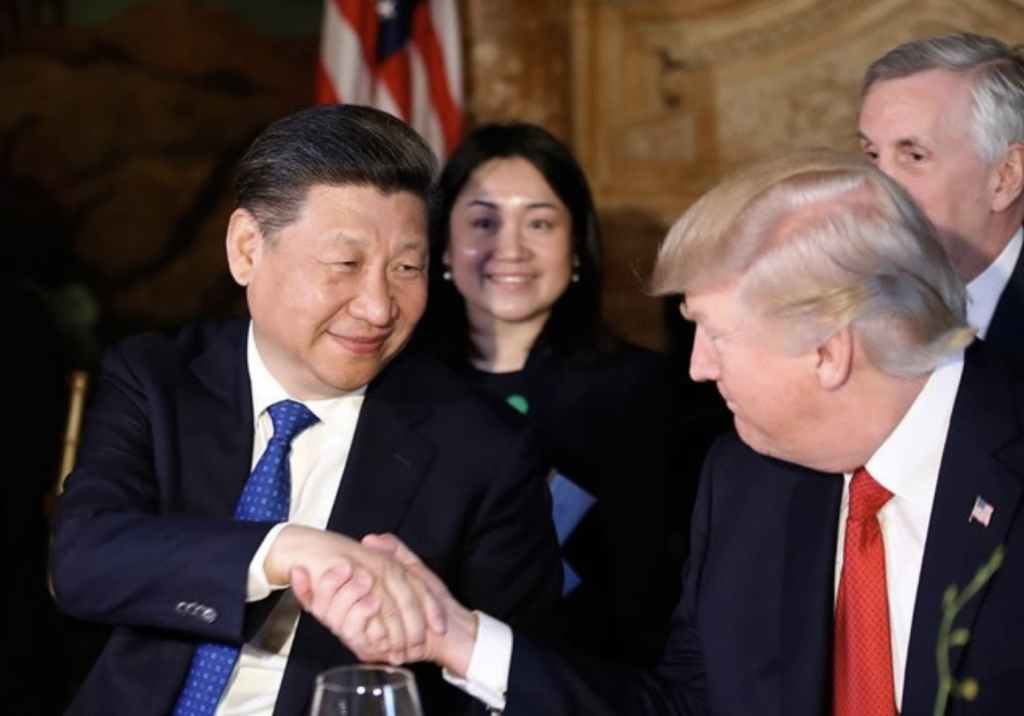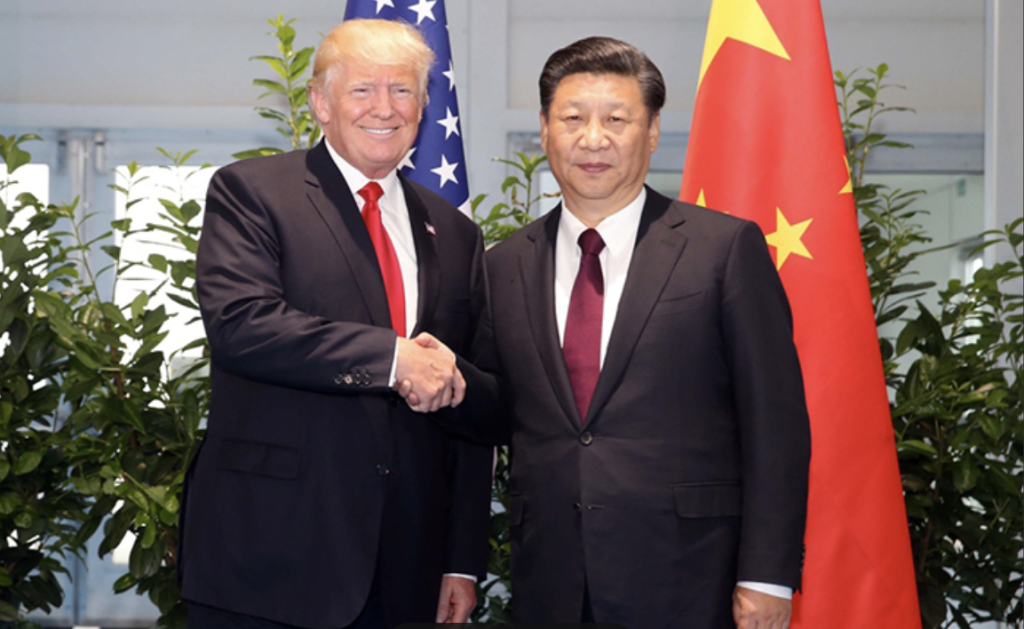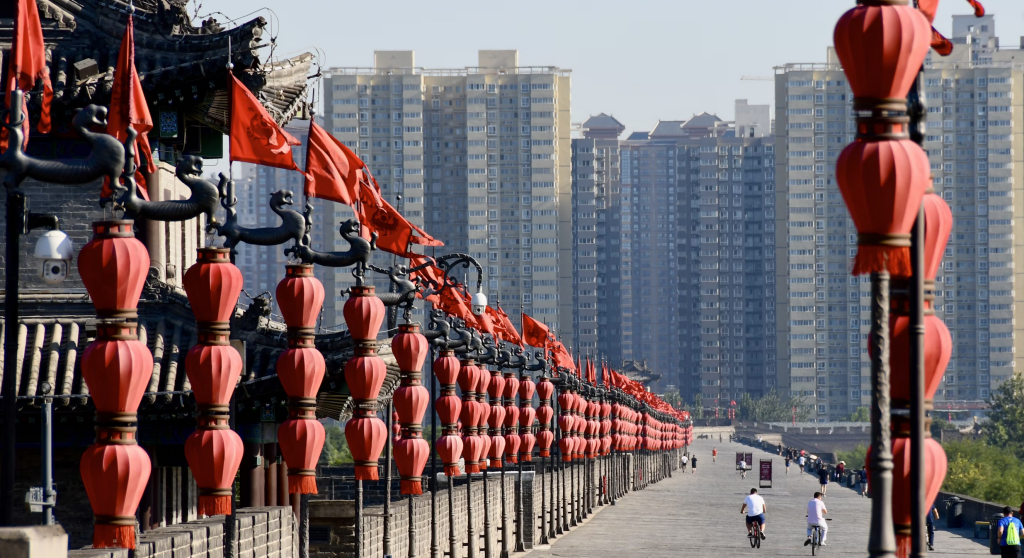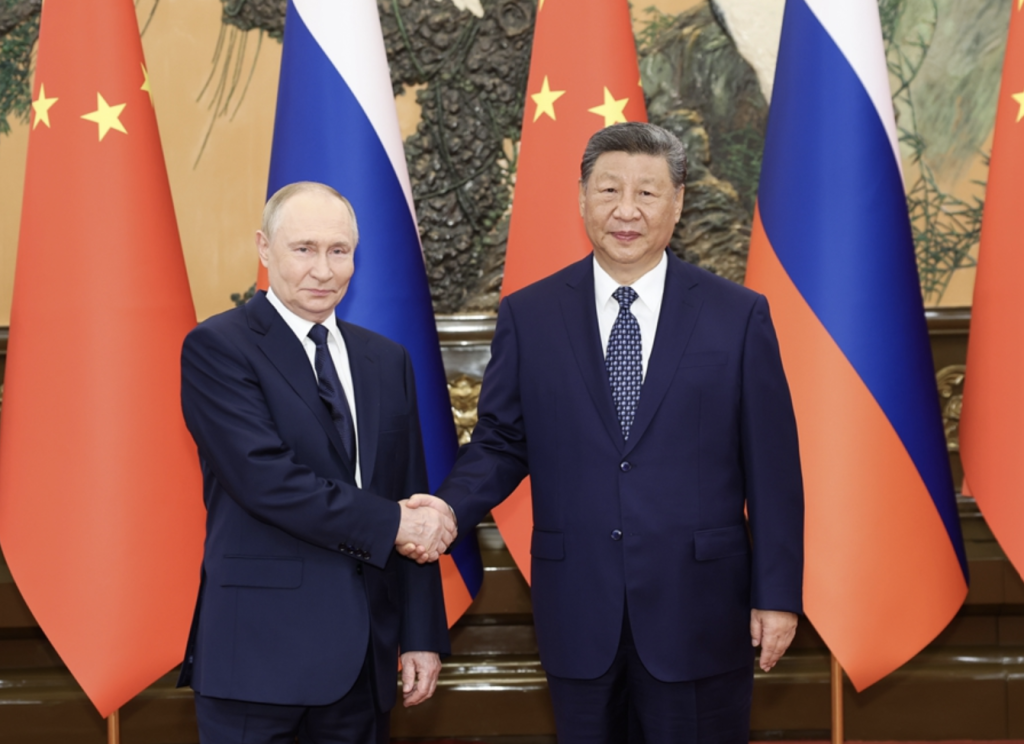Xi Jinping and Four U.S. Presidents: Personal Diplomacy Through a Decade of Change
China Policy Profiles: Andrew Yang
Democratic Presidential candidate Andrew Yang offers unique perspectives on the U.S. economy that set him apart from other candidates, but his perspectives on U.S.-China relations ultimately follow the Democratic Party line. While Yang has argued that American foreign policy should be more restrained, his focus has been oriented more towards problems at home than relations abroad.
At the first round of Democratic debates, Yang argued that the “the tariffs and the trade war are the wrong way to go.” In Houston, however, Yang was quick to clarify that he would not immediately repeal Trump’s tariffs, but would attempt to negotiate a deal with China that would protect American farmers who, he contends, have nothing to do with the overall trade imbalance. To Yang, the defining issue between the U.S. and China is the theft of intellectual property, which he further argues is reducing the revenue and competitiveness of American businesses.
“There are aspects of Chinese behavior that are deeply problematic — their piracy of intellectual property,” Yang told The Hill, but he cautioned against considering China’s increasing prosperity a threat.
Yang has also raised concerns about China’s growing technological capacity, remarking in the fifth Democratic debate, “And if you look up, we’re in the process of potentially losing the AI arms race to China right now, because they have more access to more data than we do, and their government is putting billions of dollars to work subsidizing the development of AI in a way that we are not.” Yang elaborated, saying that as President, he would “be focused on the true threats of tomorrow,” which he defined as, “Climate change, artificial intelligence, loose nuclear material, military drones, and non-state actors.” Addressing the threats of AI, and military drones may put the U.S. at loggerheads with China, which is prioritizing its AI research and emerging as a globally dominant armed drone supplier.
When asked by the Council on Foreign Relations whether Yang’s policy towards China would account for the Hong Kong crisis and Chinese repression of Uighurs in Xinjiang, Yang responded that the treatment of Uighurs is unacceptable and that he was troubled by China’s more aggressive stances towards Hong Kong and in the South China Sea. Reiterating his concerns about Chinese theft of intellectual property, Yang argued that the United States needs to provide a model of democratic capitalism that encourages not only China, but also developing countries, towards trade liberalization and fair participation in the global economy.
Yang has noted the importance of the U.S. alliance system and ensuring U.S. access to rare earth minerals, but Yang’s perspective on the relationship between Taiwan and China is still uncertain. “China’s being set up as the antagonist by the U.S.,” Yang said, speaking to the Harvard Project for Asian and International Relations. “If we can see China’s rise as complementary, that would be the best hope. That, unfortunately, is not what I think is the American tendency. But if I become president, hopefully I can make it so.”








